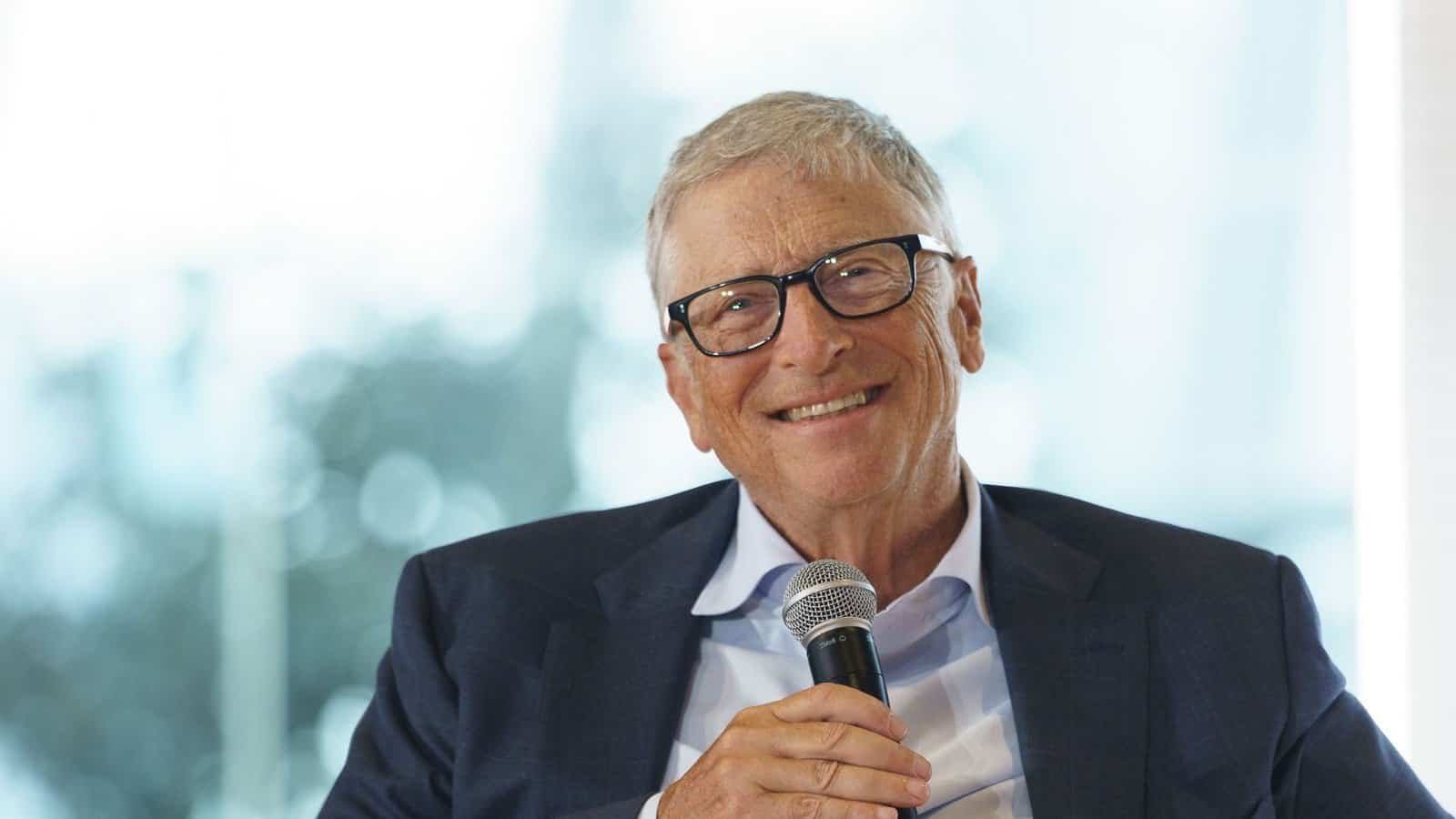The Impact of AI on Job Security and the Future of Work
In recent years, job security has become a pressing concern for professionals across various industries. This is especially true as generative AI continues to evolve and gain widespread adoption globally. Alongside this shift, concerns about security and privacy have also risen, adding another layer of complexity to the conversation.
Industry leaders have made bold statements regarding the potential impact of AI on employment. For instance, NVIDIA CEO Jensen Huang suggested that coding might no longer be a viable career path due to the increasing prevalence of AI. He encouraged the next generation to explore alternative fields such as biology, manufacturing, education, or farming. However, not everyone shares this view. Some executives, including Huang himself, have dismissed similar claims as fear-mongering, emphasizing the need for a balanced perspective.
AI is undeniably reshaping the world of work by automating repetitive and redundant tasks. While this can lead to significant productivity gains, it also raises questions about the future of certain jobs. Bill Gates, co-founder of Microsoft, recently stated that programming remains a future-proof profession in an AI-driven world. He argued that humans will continue to play a crucial role in areas like error correction, algorithm refinement, and AI development. Gates emphasized that human creativity and judgment are irreplaceable, even in the face of advanced AI tools.
This isn’t the first time Gates has spoken about the resilience of certain professions against AI automation. Earlier this year, he highlighted that roles such as coders, biologists, and energy specialists are unlikely to be replaced by generative AI. He pointed out that these fields require a level of complexity and human insight that AI cannot replicate.
Meanwhile, OpenAI’s o1 reasoning model has gained attention for its exceptional coding capabilities. This has led some to question the necessity of hiring software engineers, further fueling discussions about the evolving role of human workers in tech.
Job security remains a top concern for many as AI becomes more integrated into daily life. Last year, former OpenAI CTO Mira Murati suggested that while AI may eliminate certain professions, it could also create new opportunities. She noted that some creative jobs might disappear if the quality of AI-generated content is low, but she also acknowledged that not all jobs are essential.
Salesforce CEO Marc Benioff recently revealed that his company is seriously considering whether to hire software engineers in 2025. He also mentioned that AI is already responsible for up to 50% of the company’s work, highlighting the growing reliance on automation.
Despite these developments, some industry leaders believe that AI will enhance rather than replace human labor. Google’s DeepMind CEO, Demis Hassabis, argues that AI will boost productivity, potentially making humans “superhuman.” He emphasized that certain tasks, such as patient care, will always require human empathy and judgment. Hassabis pointed out that patients may not feel comfortable being treated by robots, underscoring the importance of human interaction in sensitive fields.
As AI continues to reshape the workforce, the debate over its impact on job security remains ongoing. While some see it as a threat, others view it as an opportunity for growth and innovation. The key lies in finding a balance between embracing technological advancements and preserving the unique qualities that make human work invaluable.




